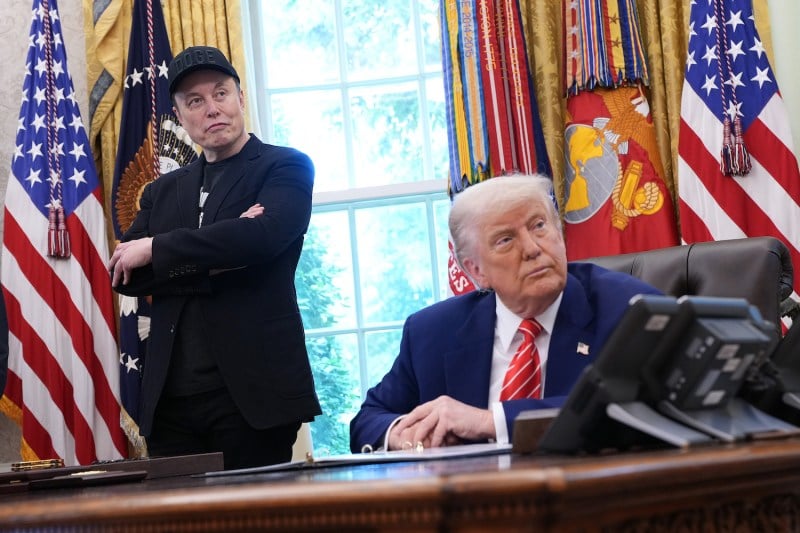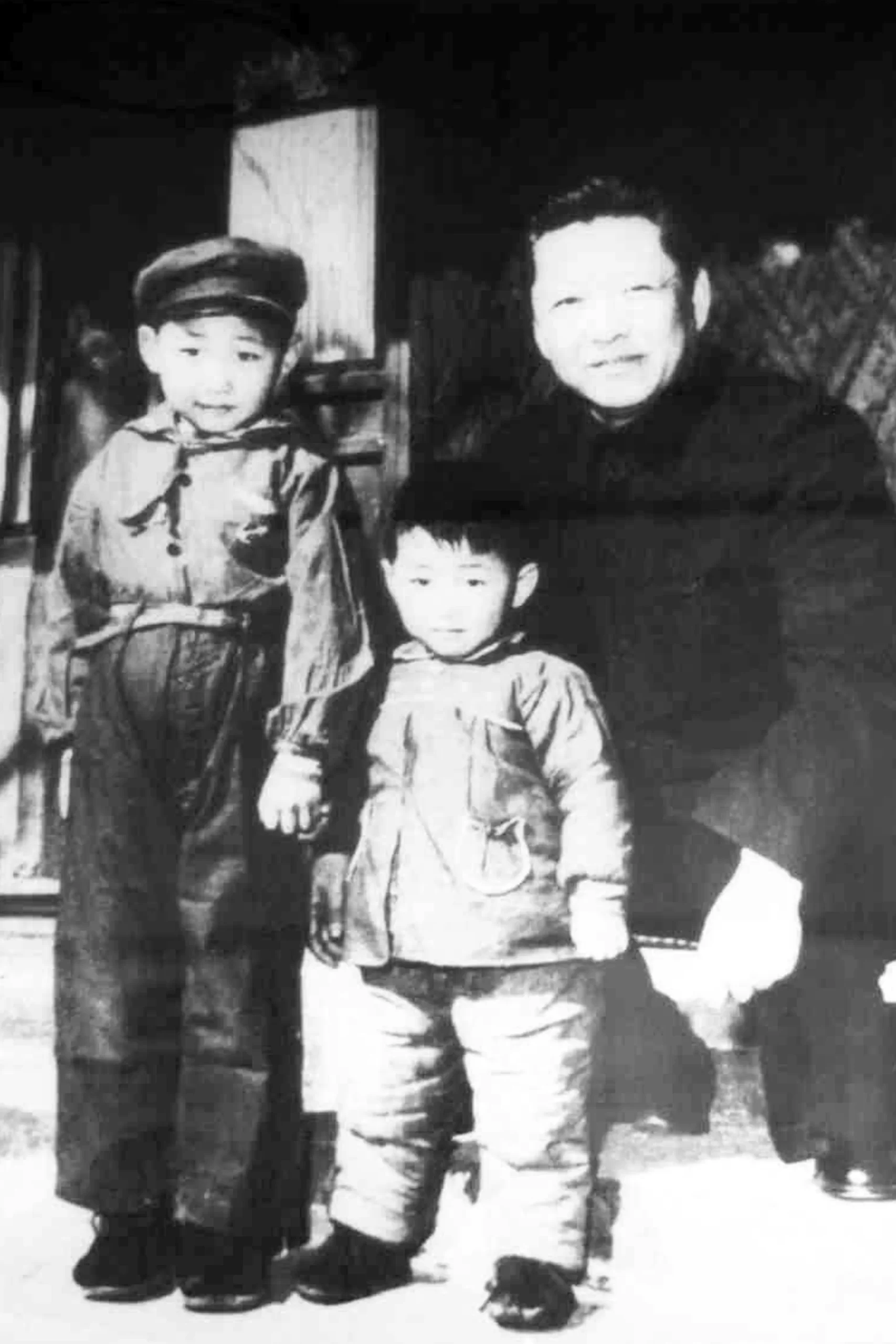Trump Resurrects Controversial Travel Ban With New Restrictions

Trump Resurrects Controversial Travel Ban With New Restrictions
The new policy will deny or restrict entry for citizens from 19 countries.
U.S. President Donald Trump speaks to guests from the White House in Washington on June 4. Anna Moneymaker/Getty Images
U.S. President Donald Trump resurrected a key tenet of his first term on Wednesday, announcing a sweeping travel ban that targets 12 countries. The new policy, which goes into effect on Monday, will bar citizens from Afghanistan, Chad, Equatorial Guinea, Eritrea, Haiti, Iran, Libya, Myanmar, the Republic of Congo, Somalia, Sudan, and Yemen from entering the United States. Heightened restrictions will be placed on people from an additional seven countries: Burundi, Cuba, Laos, Sierra Leone, Togo, Turkmenistan, and Venezuela.
Exceptions will be made for lawful permanent residents; existing visa holders; individuals whose entry serves U.S. national interests; and those eligible for certain visa categories, such as Afghans on special immigrant visas.
U.S. President Donald Trump resurrected a key tenet of his first term on Wednesday, announcing a sweeping travel ban that targets 12 countries. The new policy, which goes into effect on Monday, will bar citizens from Afghanistan, Chad, Equatorial Guinea, Eritrea, Haiti, Iran, Libya, Myanmar, the Republic of Congo, Somalia, Sudan, and Yemen from entering the United States. Heightened restrictions will be placed on people from an additional seven countries: Burundi, Cuba, Laos, Sierra Leone, Togo, Turkmenistan, and Venezuela.
Exceptions will be made for lawful permanent residents; existing visa holders; individuals whose entry serves U.S. national interests; and those eligible for certain visa categories, such as Afghans on special immigrant visas.
“The list is subject to revision based on whether material improvements are made, and likewise, new countries can be added as threats emerge around the world,” Trump said. His underlying message, though, was firm: “We don’t want them.”
The U.S. president tied the move to last Sunday’s terror attack in Boulder, Colorado, where authorities say an Egyptian national who overstayed his tourist visa threw an incendiary device at individuals raising awareness for the Israeli hostage crisis in Gaza. However, Egypt is not included in the travel ban.
Foreign governments and humanitarian activists have condemned the White House’s latest actions. “President Trump’s new travel ban is discriminatory, racist, and downright cruel,” Amnesty International posted on X on Thursday. “By targeting people based on their nationality, this ban only spreads disinformation and hate.”
Read more in today’s World Brief: Trump’s Travel Ban Returns.
This post is part of FP’s ongoing coverage of the Trump administration. Follow along here.
Alexandra Sharp is the World Brief writer at Foreign Policy. Bluesky: @alexandrassharp.bsky.social X: @AlexandraSSharp
Stories Readers Liked
In Case You Missed It
A selection of paywall-free articles

Four Explanatory Models for Trump’s Chaos
It’s clear that the second Trump administration is aiming for change—not inertia—in U.S. foreign policy.























Join the Conversation
Commenting is a benefit of a Foreign Policy subscription.
Subscribe
Subscribe
Already a subscriber?
.
View Comments
Join the Conversation
Join the conversation on this and other recent Foreign Policy articles when you subscribe now.
Subscribe
Subscribe
Not your account?
View Comments
Join the Conversation
Please follow our comment guidelines, stay on topic, and be civil, courteous, and respectful of others’ beliefs.
View Comments
Change your username |
Log out
Change your username:
CANCEL
Confirm your username to get started.
The default username below has been generated using the first name and last initial on your FP subscriber account. Usernames may be updated at any time and must not contain inappropriate or offensive language.